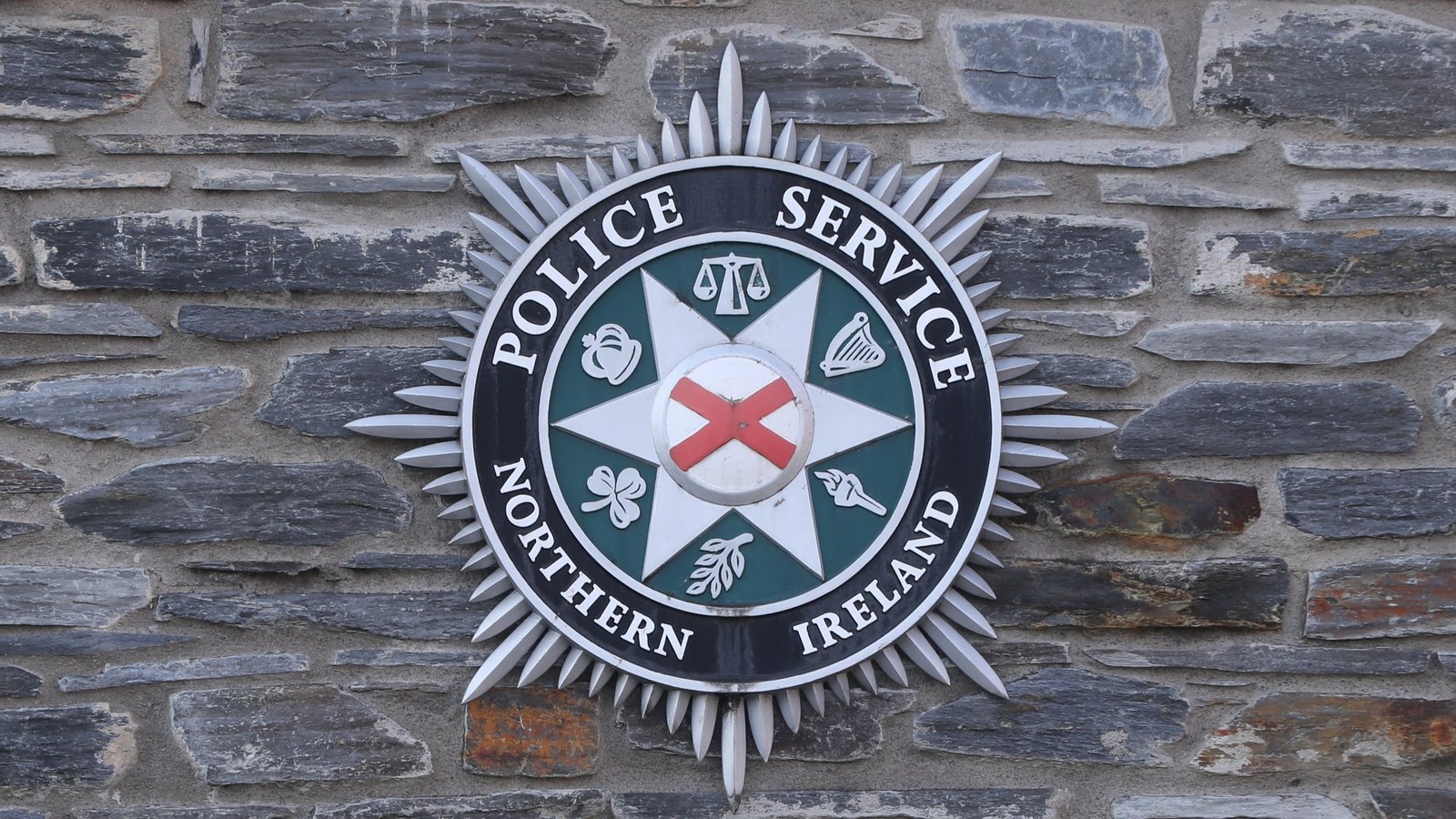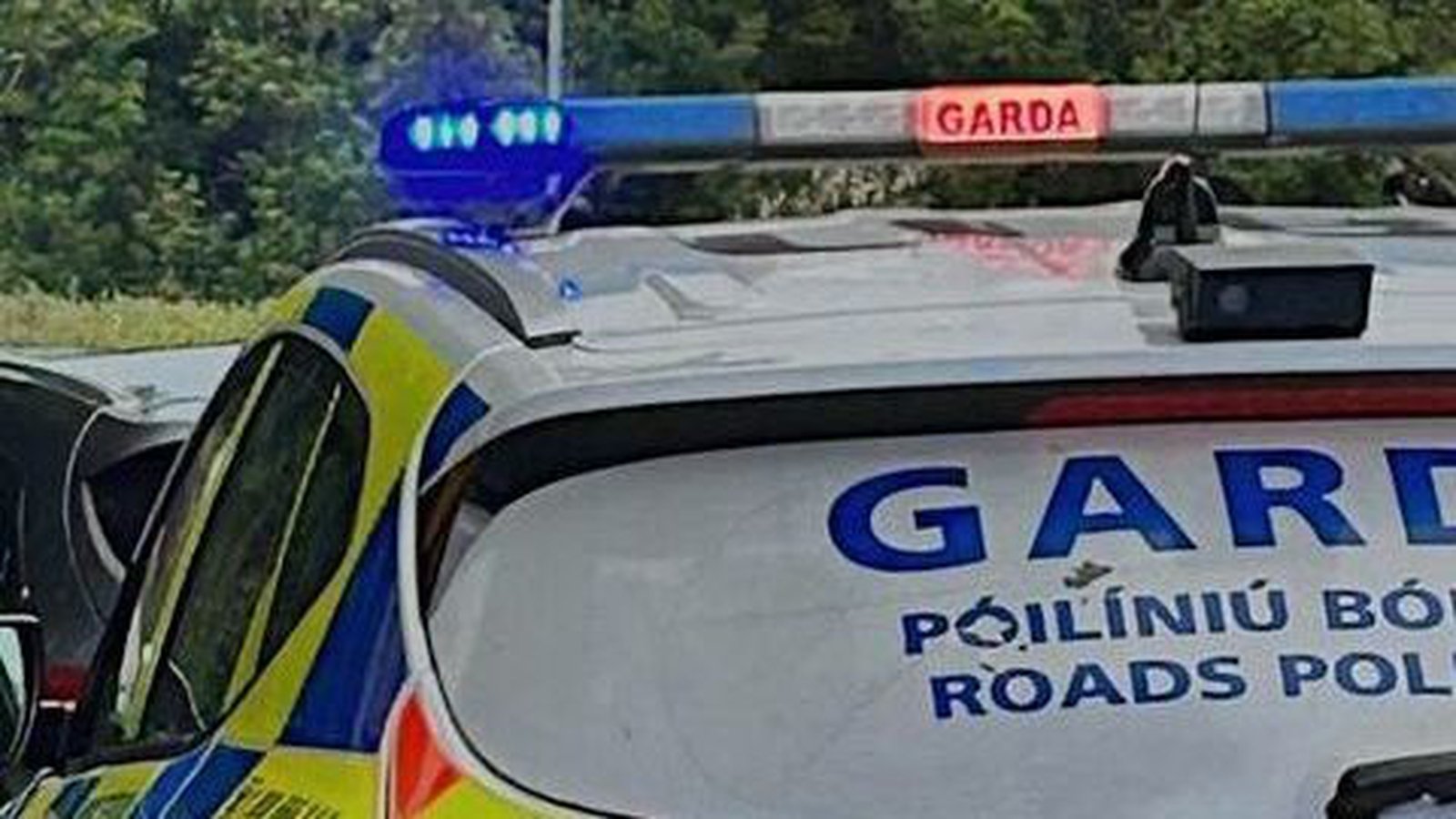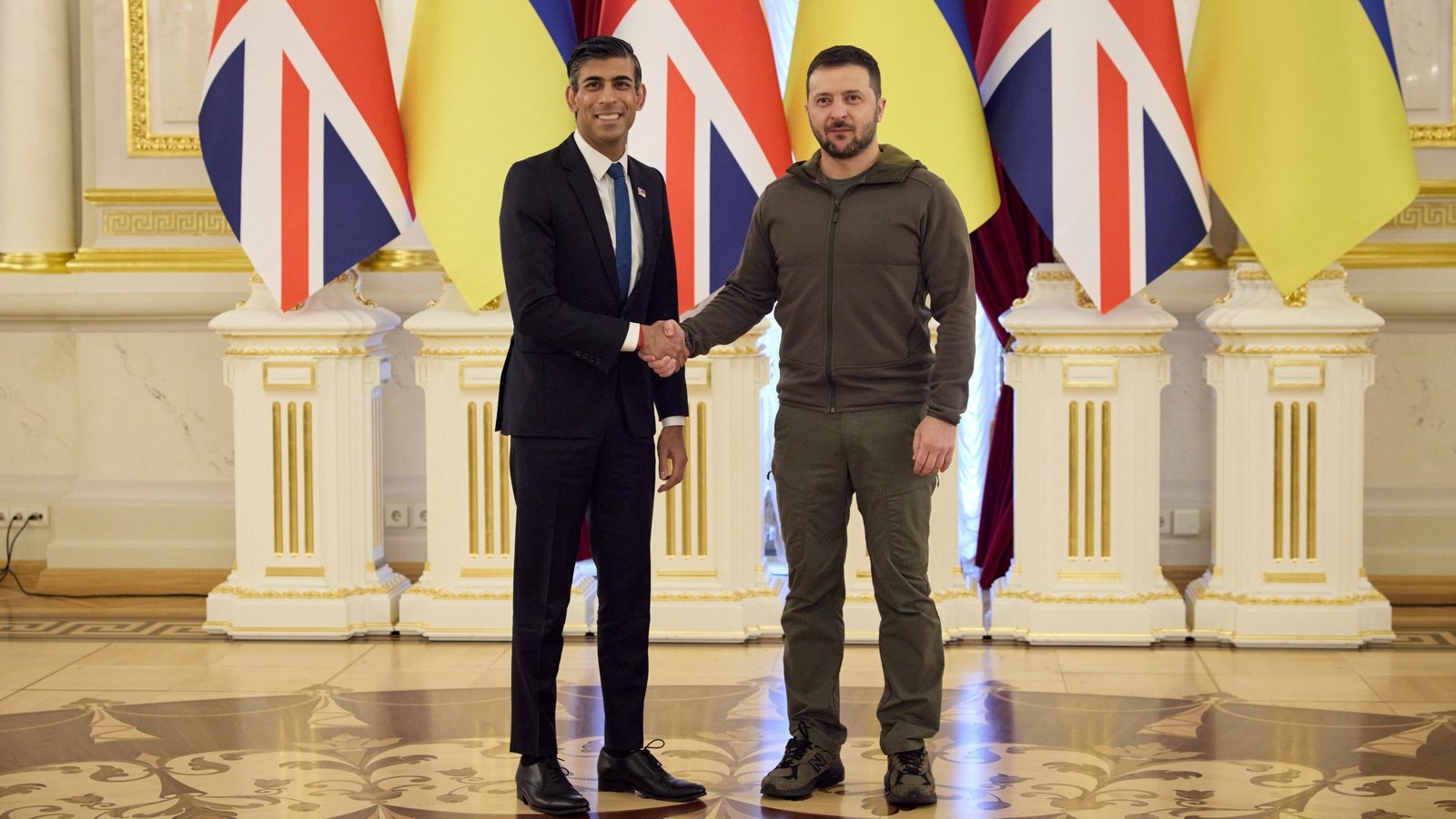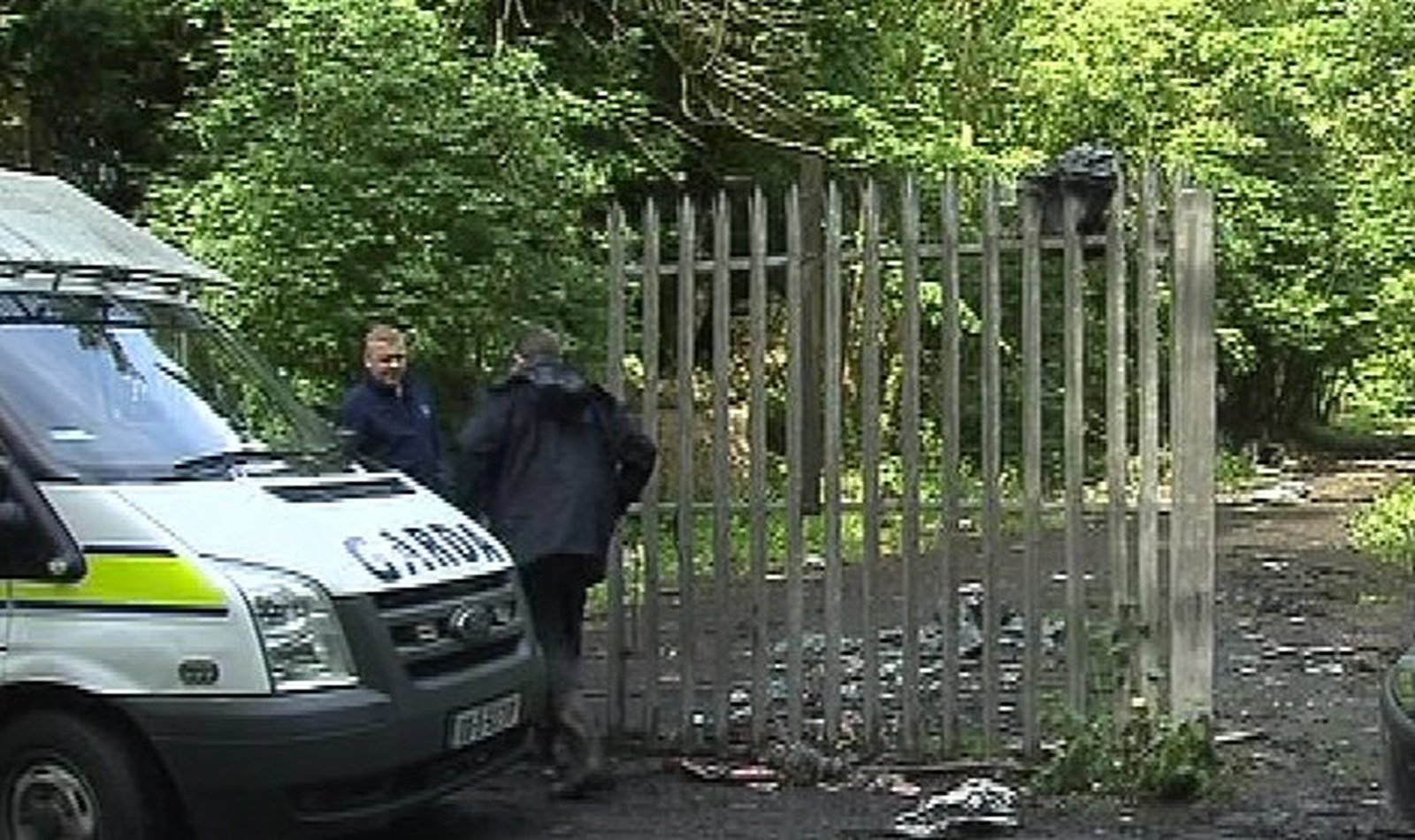Trial over Mediterranean migrant deaths opens in Greece
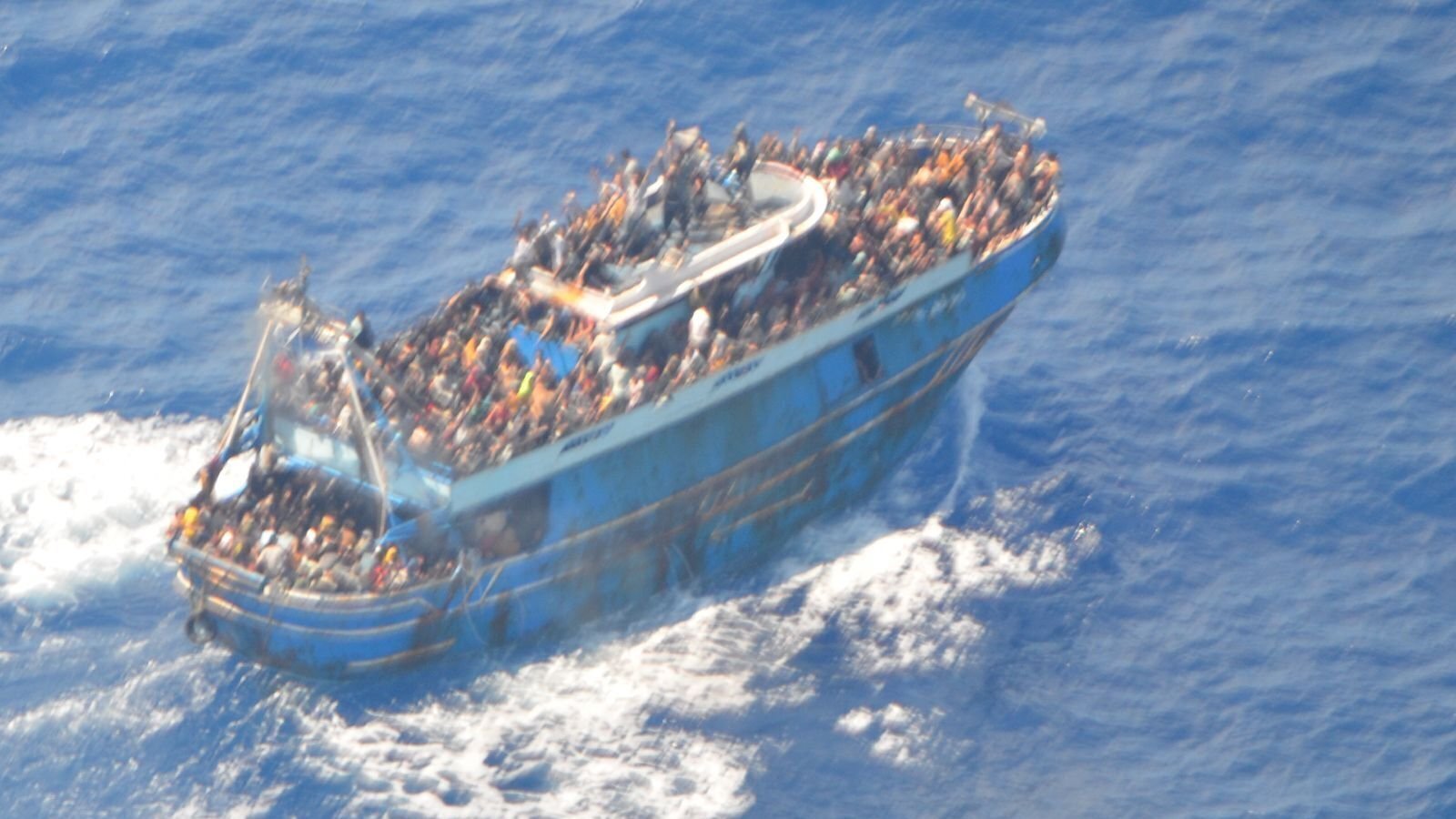
The trial of nine accused smugglers has opened in Greece, nearly a year after a migrant trawler with hundreds on board sank off the country’s coast in one of Europe’s deadliest shipwrecks.
The rusty and overloaded trawler Adriana sank on the night of 13-14 June 2023, carrying more than 750 people, according to the UN.
Only 82 bodies were found.
Nine Egyptian men – who were among the 104 survivors – are in court in Kalamata, southwestern Greece, to answer charges including negligent homicide, participation in a criminal organisation and facilitating illegal entry into the country.
The men, aged 21 to 37 years old, have denied responsibility.
Their lawyers say they are being scapegoated to obscure the responsibilities of the Greek coastguard, which failed to mount an effective rescue.
The suspects, who have spent the past 11 months in pre-trial detention, face life imprisonment if convicted.
Dalia Abdel Megui, the aunt of one of the accused, said she had travelled from Italy to attend the trial.
“Our nephew is innocent,” she said. “He only came to Europe to seek a better future, he is not a criminal,” she said.
As the sinking occurred in international waters, 47 nautical miles off the coast of Pylos, lawyers for the defendants will argue a Greek court is not competent to hear the case.
A protest was held outside the courthouse to denounce Europe’s migration policies.
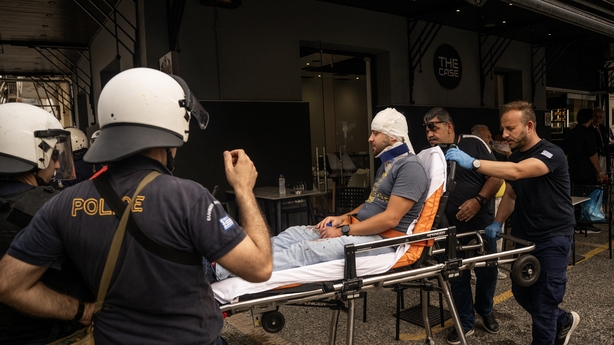
Before the start of the trial, there was a skirmish between riot police and the protesters, with one person taken to hospital.
One protester said that the police had attacked the crowd after it refused to disperse, and detained two people.
The defence team will argue that major procedural violations were committed in the investigation that led to the trial.
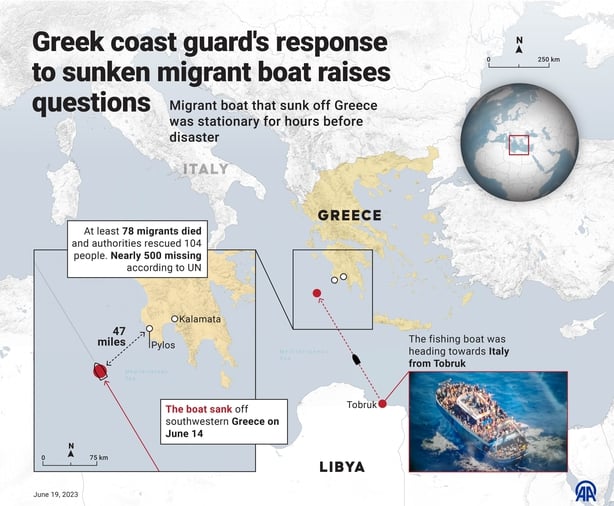
They say their clients were arrested barely 24 hours after surviving the sinking, and on the basis of just nine testimonies, some of them collected without adequate translation.
“Our clients were still in shock from what they had experienced. Other (defendants) were on oxygen therapy. And all of a sudden, they were arrested without understanding why,” Effie Doussi, a member of the defence legal team, told reporters last week.
Some survivors subsequently claimed to have come under pressure from Greek police to “designate” suspects, based on blurry photographs, she added.
Among the more than 750 people on board the trawler when it sank, were Syrians, Palestinians and nearly 350 Pakistanis.
Ahead of the trial, Human Rights Watch (HRW) noted that a parallel investigation into the Greek authorities’ actions is still at a preliminary stage – meaning the court will have incomplete information in assessing the culpability of the defendants.
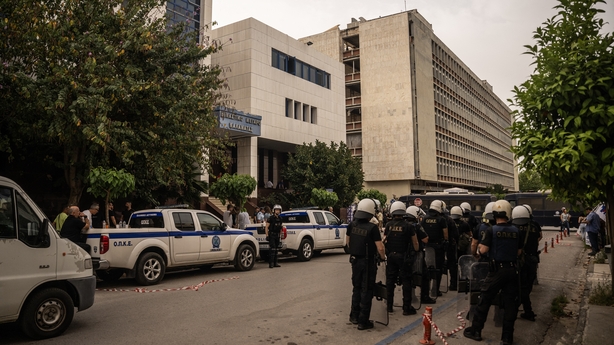
“There’s a real risk that these nine survivors could be found ‘guilty’ on the basis of incomplete and questionable evidence,” Judith Sunderland, HRW associate Europe and Central Asia director said in a statement.
“Credible and meaningful accountability for one of the worst shipwrecks in the Mediterranean needs to include a determination of any liabilities of Greek authorities,” she added.
The NGO Alarm Phone and the EU’s border agency Frontex had both reported the trawler’s presence to Greek authorities while it was in the Greek search and rescue zone.
The coastguard has insisted that it communicated with people on board who “refused any help”.
“You cannot divert a boat with so many people on board by force unless there is cooperation,” coastguard spokesman Nikolaos Alexiou had said at the time.
But survivors said the coastguard had wanted to tow the overloaded trawler.
Prime Minister Kyriakos Mitsotakis, whose country is accused by rights groups of practising illegal pushbacks at its border with Turkey, later dismissed claims against the port authorities as “very unfair”.
An investigation by a naval court into the possible responsibilities of the coastguards is under way. But requests for access to the file have all been refused, the defence lawyers said.
In September, around 50 survivors filed a group lawsuit against the coastguard.
For migrant rights proponents, the trial is part of a longstanding practice of criminalising asylum seekers.
According to the NGO Borderline Europe, Greek prisons hold around 2,000 migrants accused of being smugglers, constituting the second largest group in Greece’s prison population.

